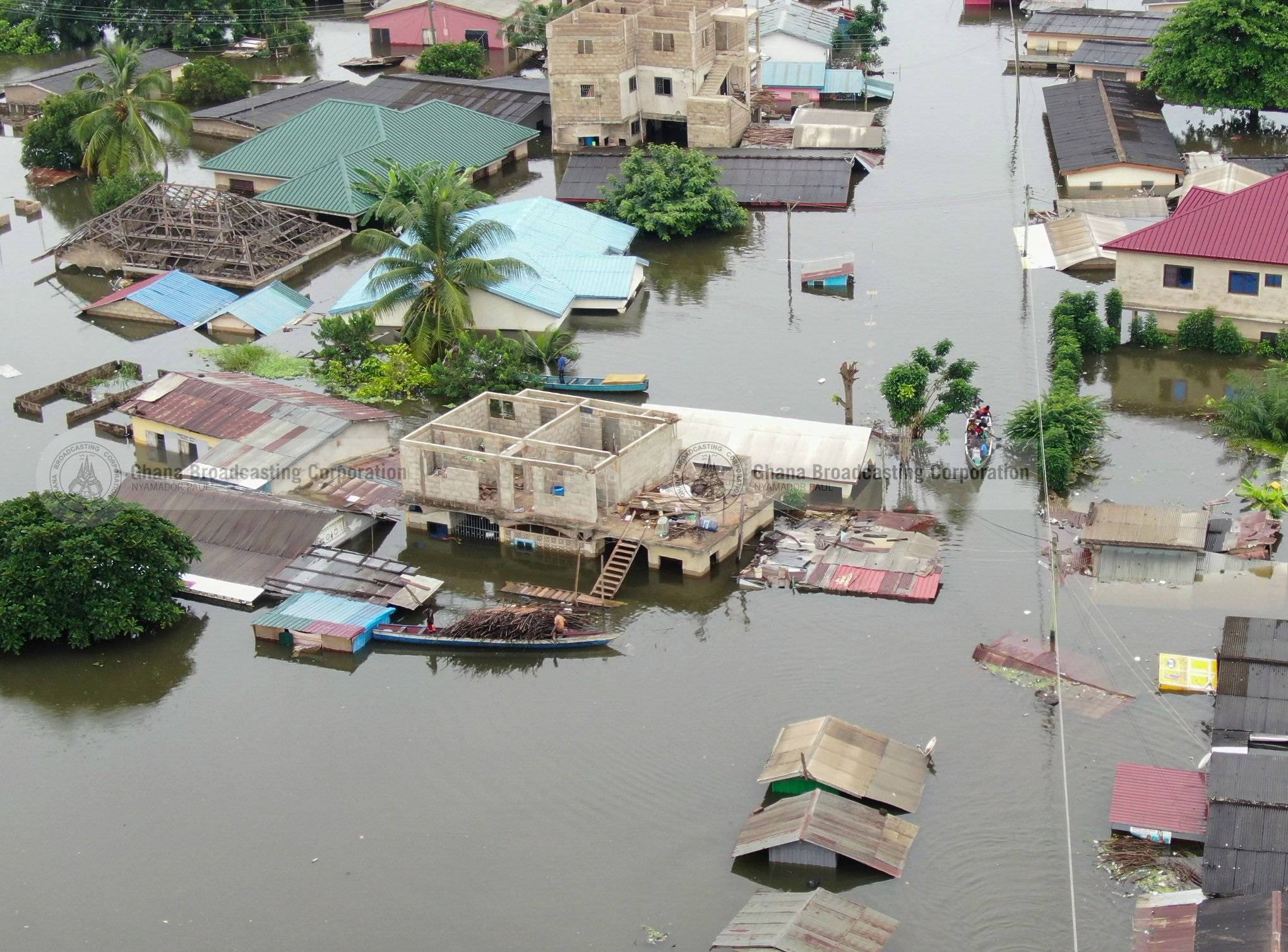The Akosombo Dam spillage disaster in 2023 was a devastating event that displaced thousands of residents along the Volta River. The former CEO of the Volta River Authority (VRA), Ing. Kirk Koffi, has attempted to shift the blame to natural forces, claiming that the spillage was caused by overwhelming inflows into the dam. However, this claim is a gross misrepresentation of the facts.
As experts in water resource management, it is clear that the VRA's failure to properly manage the dam's water levels and spillage was a major contributing factor to the disaster. The dam's operators should have taken proactive measures to mitigate the effects of the inflows, such as gradual spillage, water level management, and flood control strategies.
The VRA should have implemented various technical measures to prevent or minimize the spillage, including regular monitoring of water levels and inflows, predictive modeling to forecast inflows and water levels, gradual spillage to maintain a safe water level, flood control strategies to mitigate the impact of excessive inflows, and regular maintenance and inspection of the dam's infrastructure.
The VRA's failure to implement these measures demonstrates a lack of technical expertise and a failure to prioritize the safety of the communities downstream. The dam's operators should have been aware of the potential risks and taken proactive measures to mitigate them.
Ing. Koffi's attempt to shift the blame to natural forces is a clear example of deflecting responsibility. The VRA's failure to properly manage the dam's water levels and spillage was a major contributing factor to the disaster. The former CEO should accept responsibility for the disaster and acknowledge the failures of the VRA.
The Akosombo Dam spillage disaster occurred in 2023, when excessive inflows into the dam forced the VRA to spill water, resulting in widespread flooding and displacement of communities along the Volta River. The disaster was widely criticized, with many calling for accountability and improved management of the dam.
The disaster had severe consequences, including displacement of thousands of people, destruction of homes and livelihoods, and long-term damage to the environment and economy. The VRA's failure to properly manage the dam's water levels and spillage was a major contributing factor to the disaster.
The current VRA management should learn from the failures of the past and take proactive measures to prevent future disasters. This includes implementing robust technical measures, prioritizing the safety of communities downstream, and taking responsibility for the VRA's actions.
"A wise man learns from his mistakes, but a wiser man learns from the mistakes of others". The current VRA management would do well to heed this proverb and take proactive measures to prevent future disasters.
The VRA's failure to properly manage the dam's water levels and spillage was a major contributing factor to the disaster. The former CEO's attempt to shift the blame to natural forces is a clear example of deflecting responsibility. The VRA should accept responsibility for the disaster and take steps to prevent future disasters.




No comments yet
Be the first to share your thoughts!